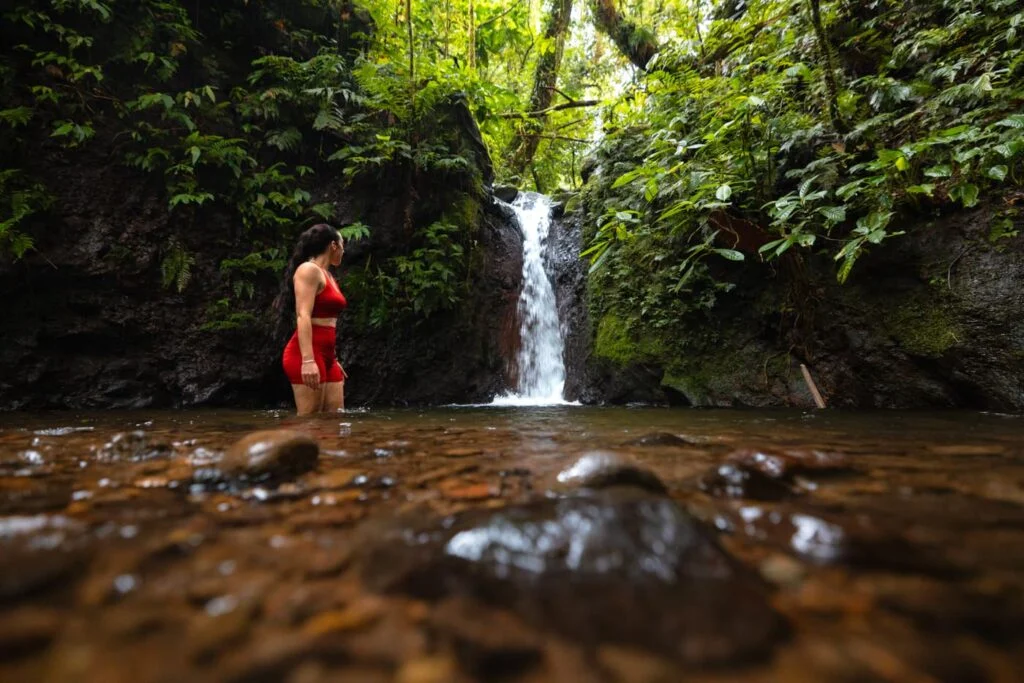Kolombangara takes back economic power
Landowners on Kolombangara Island now own 20% of a forestry company operating on their land — shifting them from royalty recipients to shareholders with governance power.

For generations, the forests on Kolombangara Island have been part of the community’s identity — a living archive of ancestry, culture, and connection. Yet for much of that time, the economic benefits of forestry flowed outward. The land provided resources, but others captured the profit. That era is ending.
Landowners have secured a 20% ownership stake in a major forestry company operating on their island. It is not a symbolic share; it is genuine equity. Equity comes with seats at the table, participation in decisions, and a voice shaping how land is used and how forests are harvested.
This is not just a business transaction. It is a shift in power.
Most forestry arrangements in the Pacific historically treated landowners as participants only at the margins. They received royalties that rose and fell like the tide, while companies retained control of decisions and profits. Equity rewrites that script. Instead of receiving what outsiders decide is fair, communities now share in the success of the enterprise they enable.
Ownership brings new responsibilities. Shareholding requires transparency, financial literacy, and community cohesion. But it also invites pride. When landowners participate in governance, the question changes from “What are they doing to our land?” to “What are we building with our land?”
The 20% stake creates a new alignment. Sustainable forestry becomes not a moral plea but a financial interest. If the forest is over-harvested, long-term returns suffer. When communities own part of the company, preserving the forest becomes preserving income, employment, and security.
The decision resonates beyond Kolombangara. Across the region, communities are demanding greater equity in natural resource projects. Not compensation. Not consultation. Ownership. The Solomon Islands is positioning itself to lead that evolution.
The land carries memory. Now it carries opportunity.
On Kolombangara, the forest doesn’t just grow trees. It grows futures.





